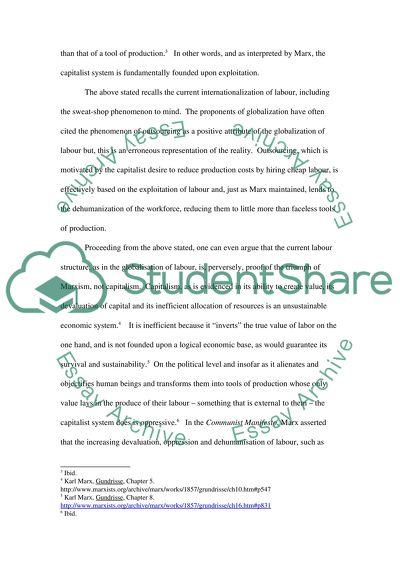Cite this document
(Whether Marxism Is an Outdated 19th Century Politico-Economic Philosop Case Study, n.d.)
Whether Marxism Is an Outdated 19th Century Politico-Economic Philosop Case Study. Retrieved from https://studentshare.org/philosophy/1538277-examine-the-following-statement-critically-marxism-is-a-nineteenth-century-perspective-that-has-very-little-relevance-to-a-twenty-first-century-world
Whether Marxism Is an Outdated 19th Century Politico-Economic Philosop Case Study. Retrieved from https://studentshare.org/philosophy/1538277-examine-the-following-statement-critically-marxism-is-a-nineteenth-century-perspective-that-has-very-little-relevance-to-a-twenty-first-century-world
(Whether Marxism Is an Outdated 19th Century Politico-Economic Philosop Case Study)
Whether Marxism Is an Outdated 19th Century Politico-Economic Philosop Case Study. https://studentshare.org/philosophy/1538277-examine-the-following-statement-critically-marxism-is-a-nineteenth-century-perspective-that-has-very-little-relevance-to-a-twenty-first-century-world.
Whether Marxism Is an Outdated 19th Century Politico-Economic Philosop Case Study. https://studentshare.org/philosophy/1538277-examine-the-following-statement-critically-marxism-is-a-nineteenth-century-perspective-that-has-very-little-relevance-to-a-twenty-first-century-world.
“Whether Marxism Is an Outdated 19th Century Politico-Economic Philosop Case Study”. https://studentshare.org/philosophy/1538277-examine-the-following-statement-critically-marxism-is-a-nineteenth-century-perspective-that-has-very-little-relevance-to-a-twenty-first-century-world.


